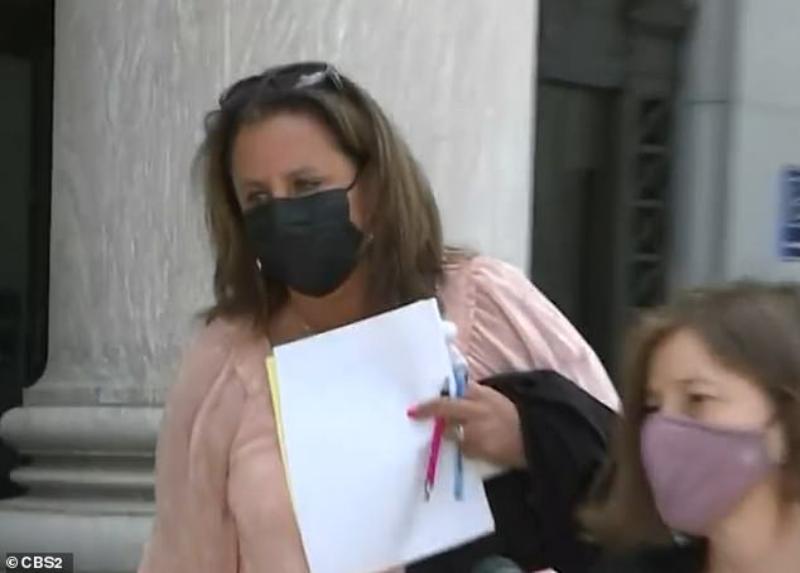A nurse admitted to tampering with medication intended for patients at the Yale Reproductive Endocrinology and Infertility clinic in the Yale Fentanyl Scandal.
The Yale REI clinic nurse Donna Monticone acknowledged to tampering with a consumer product by stealing the opioid fentanyl, which is used to provide anaesthesia during surgical procedures.
In order to conceal her theft, Monticone admitted to breaking into secure storage facilities, stealing fentanyl vials, taking the drugs out of the vials, and replacing them with saline solution.
Surprisingly, it was discovered that saline or diluted fentanyl was added to over 75% of the fentanyl administered to patients at the Yale REI clinic between June and October 2020.
Yale Fentanyl Scandal Nurse, The Potential Risks
By altering the prescription, Monticone put the health of individuals undergoing surgery in danger.
During outpatient surgeries, improper anaesthesia can cause substantial physical injury.
After using the stolen fentanyl herself at first, Monticone took the vials home, filled them with sterile saline, and then put them back into the clinic’s supply.
Monticone didn’t get rid of the roughly 175 fentanyl vials she had collected from the clinic until November 2020.
Sentencing and Consequences
The maximum prison sentence for Monticone, whose sentencing is set for May 25, 2021, is ten years.
She was released on a $50,000 bond and has already given up her nursing licence.
Concerns regarding the betrayal of patients’ trust in medical professionals have been raised by the case, underscoring the requirement for stringent guidelines and control.
Yale’s Compliance Failure
As a result of the controversy, Yale University consented to pay over $300,000 for breaching the Controlled Substances Act.
A review revealed inaccuracies in the restricted substance inventory, including fentanyl, ketamine, and midazolam.
Yale also failed to generate the necessary DEA e222 forms for the acquisition and sale of controlled substances, keep proper records, and maintain an initial inventory.
Yale’s Response and Accountability
Yale University expressed sincere sympathy for the suffering brought on to the patients and made adjustments to stop similar occurrences in the future.
The university fired Monticone, alerted legal enforcement, and informed any patients who might be impacted.
Additionally, they examined their practises and included controls for pain management and the supervision of controlled medications.
Victims’ Testimonies
During court hearings, anonymous testimony from fentanyl tampering scandal victims was heard.
One victim, a doctor who was experienced with fentanyl, spoke of the agonising pain she felt when the tainted drug did not relieve it.
During surgery, a different patient awoke with excruciating pain and hallucinations.
A third victim, who had miscarried after receiving fertility treatment, sympathised with Monticone’s plight but emphasised the suffering and damage inflicted.
Ongoing Lawsuit
Following the scandal, a number of patients and their spouses sued Yale University, alleging that they received saline injections during their reproductive treatments rather than fentanyl.
The claim seeks compensation for the bodily injuries and close-to-home harm suffered by the parties involved.
Conclusion
The Yale fentanyl crisis serves as a sobering reminder of the value of patient safety and the requirement for rigorous procedures and oversight within healthcare organisations.
Medication tampering jeopardises patient safety and erodes faith in the medical community.
Healthcare providers must keep correct records, protect the availability of controlled substances, and respond quickly to any potential breaches.
Institutions can work to prevent similar incidents and maintain the integrity of medical care by placing a high priority on patient safety and accountability.

